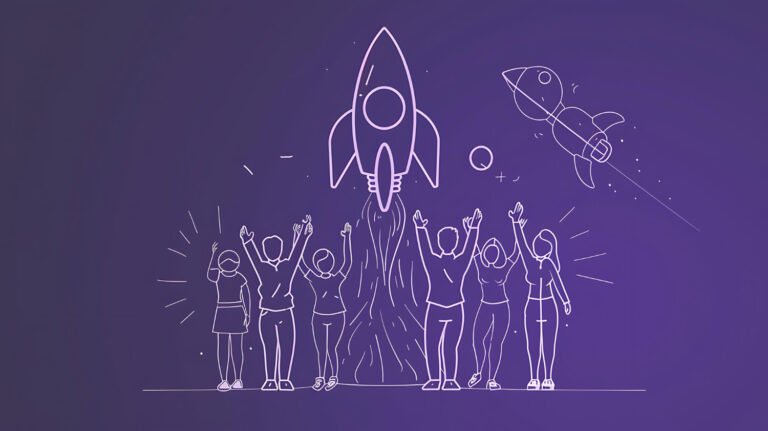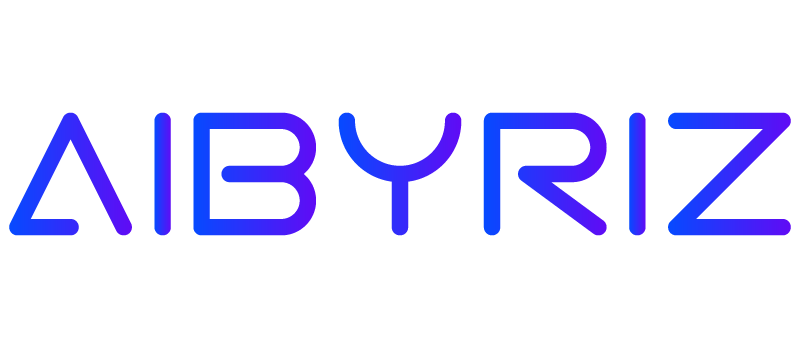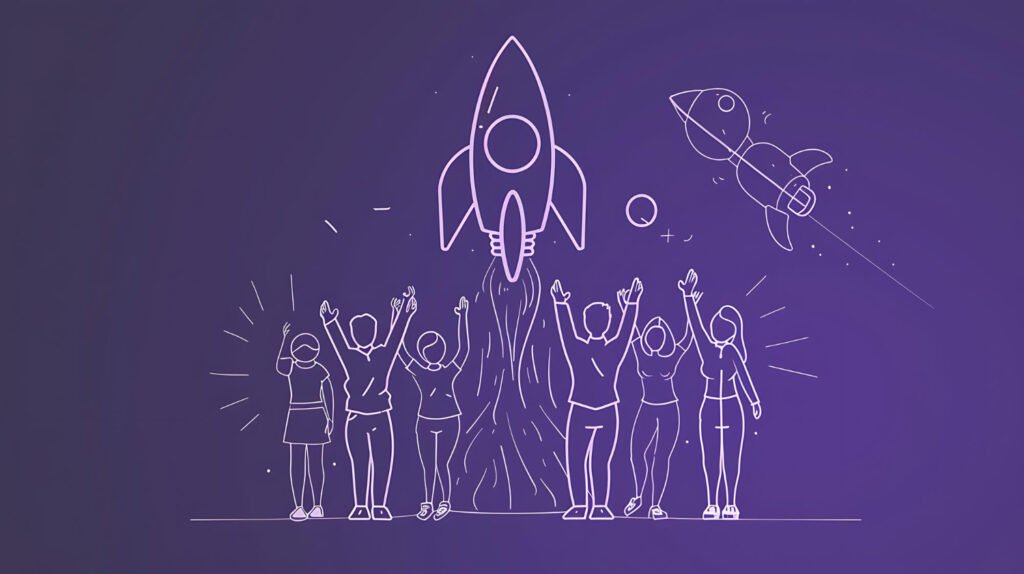Research indicates that managers dedicate up to 65% of their time to routine tasks that modern technology could automate. AI technology provides a powerful way to improve productivity in organisations of all sizes. Teams can now optimise their workflows and perform better. This technology revolutionises how teams work, communicate, and make decisions in today’s ever-changing business world.
AI-powered tools help managers automate repetitive tasks, analyse complex data, and make better decisions based on evidence. This piece shows you practical ways to use AI for workplace productivity – from smart document processing to automated reporting. You will find proven ways to apply AI solutions that optimise work while your teams stay involved and perform at their best.
The Current State of Workplace Productivity
Organisations face unprecedented challenges to maintain and improve workplace productivity in our digital world. A newer study, published by Deloitte shows that 66% of organisations still rely on legacy systems which we focused on quantitative metrics 1. This highlights the need for modern solutions.
Common productivity challenges in modern organisations
Several key productivity barriers plague today’s workplaces:
- Poor communication and unclear expectations reduce efficiency
- Time-consuming meetings waste valuable work hours
- Low staff involvement decreases overall performance
- Divided attention and multitasking reduce focus and output
- Insufficient recognition and feedback mechanisms
Studies reveal that companies with actively involved employees show 17% higher productivity and 21% greater profitability 2. Many organisations still find it difficult to maintain steady participation levels from their staff.
The limitations of traditional productivity tools
Traditional productivity analysis tools no longer meet modern workplace just needs. Organisations that rely on conventional productivity tools face a significant challenge – 40% of their employees feel undervalued 3. This leads to lower motivation and reduced output. These limitations become worse due to digital tool vulnerabilities, subscription expenses, and privacy issues.
The need for AI-powered solutions
AI-powered solutions offer answers to these challenges. Recent data reveals that 94% of business leaders believe AI is crucial for success 4. More than 60% of business owners expect AI to improve productivity 5.
AI adoption shows results already. 80% of employees who use AI report better productivity 6. These improvements stand out in areas such as:
| Area of Improvement |
Impact |
| Writing Assistance |
Major time savings |
| Workflow Automation |
Reduced manual tasks |
| Content Summarization |
Better information processing |
Companies that use advanced productivity tools have seen productivity gains of 20-30% 7. This proves AI-powered solutions can reshape modern workplaces.
Leveraging Generative AI for Enhanced Communication
Generative AI helps managers revolutionise workplace communication and presents a game-changing chance for those who think ahead. Organisations could save up to £1.26T each year in U.S. productivity when they implement AI-powered communication tools. These tools also help employees save about 10 hours every week 8.
AI-powered email management and drafting
AI email management systems have transformed how we handle our inboxes today. Tools like Missive merge communication channels of all types into a unified inbox that allows managers to handle messages effectively. AI capabilities help users draught responses, fix grammar, and translate messages. This approach substantially reduces time spent on email management 9.
Intelligent scheduling and meeting optimisation
AI-powered scheduling assistants have changed the way teams coordinate their time. These smart tools analyse multiple calendars and find the best meeting slots by checking different time zones. Research shows that 20% of scheduled hours deliver no value 10. Teams can make better use of their time when intelligent scheduling systems help managers by:
- Stopping schedule conflicts and double bookings
- Creating automatic meeting transcripts and summaries
- Showing live data about meeting performance
Automated document summarisation and report generation
AI tools have revolutionised document handling with their advanced processing capabilities. Platforms like Humata analyse complex documents to create detailed summaries and extract important information with citation links 9. Teams can benefit from automated summarization that delivers impressive results:
| Task |
Time Saved |
| Document Analysis |
65% reduction |
| Report Generation |
40% efficiency gain |
| Information Extraction |
55% faster processing |
These AI-powered tools go beyond just increasing productivity. They reshape how teams work together and communicate effectively. AI handles routine communication tasks through automated transcription and smart meeting analytics. This allows managers to concentrate on strategic decisions 11.
Streamlining Workflows with AI Automation
AI automation changes how organisations handle workflow optimisation. Modern technology can automate 60% to 70% of current employee work activities. This creates unprecedented opportunities to improve productivity.
Identifying tasks suitable for AI automation
AI automation can create the most important effect when organisations choose the right processes. Research demonstrates that AI-enabled skilled workers achieve nearly 40% better performance than their counterparts who work without AI 1. Several tasks prove ideal for automation:
- Data collection and analysis
- Invoice processing and documentation
- Inventory management and supply chain optimisation
- Customer service query handling
- Report generation and summarization
Implementing AI-driven process improvements
AI implementation success depends on a strategic approach. DBS Bank in Singapore showed remarkable results when they combined machine learning systems with workflow platforms. Their surveillance analysts’ productivity improved by 33% 12. Success comes from redesigning complete end-to-end processes instead of automating existing tasks.
Case studies of successful AI automation in industries
Success stories from sectors of all types demonstrate the real-world impact of AI automation:
| Industry |
Company |
Results |
| Financial Services |
Credigy Solutions |
100% automated due diligence reviews with 15% annual growth 13 |
| Professional Services |
Deloitte |
Reduced report preparation from 5-8 days to 1 hour 13 |
| Manufacturing |
Great Lakes Tape |
Achieved 93% invoice processing accuracy 13 |
| Healthcare |
ApprioHealth |
Automated system processes 7x more claims than human staff 13 |
Shell’s success story stands out among these examples. The company revolutionised its inspection processes with AI-powered drones and robots. This change cut down inspection cycles that once took years to complete manually 12. Shell actively seeks new AI implementation opportunities to streamline its operational efficiency.
Empowering Decision-Making with AI Insights
AI-powered analytics brings a transformation in modern businesses’ decision-making capabilities. McKinsey reports that companies using AI to make decisions are 23% more likely to outperform their competitors in profitability 14.
Utilising AI for data analysis and pattern recognition
AI’s sophisticated algorithms excel at processing large amounts of data and identify patterns that humans cannot detect manually. Companies that use AI-powered analysis systems have seen a 30-50% reduction in errors in their supply chain networks 15. These systems can process multiple data types at once:
- Live market trends and customer behaviour
- Historical performance metrics
- Market competition analysis
- Risk indicators and anomalies
Improving Forecasting and Predictive Capabilities
AI has transformed the accuracy of predictive analytics and forecasting. Organisations that leverage AI-powered forecasting solutions report a 65% reduction in lost sales from stock-outs 15. Their transportation and warehousing costs dropped by 5-10% 15.
| Aspect |
AI-Enhanced Performance |
| Supply Chain Administration |
25-40% cost reduction |
| Inventory Management |
30-50% error reduction |
| Lost Sales Prevention |
Up to 65% improvement |
Supporting strategic planning with AI-generated scenarios
AI’s ability to generate and analyse multiple scenarios simultaneously has reshaped the scene of strategic planning. Organisations now make use of AI to create privacy-compliant versions of large customer datasets 16. This enables safer data sharing when making decisions. The technology acts as a virtual “sounding board” that helps leaders test ideas and challenge their assumptions before implementation 16.
Modern AI systems analyse historical meeting data and teach managers about past decisions and their outcomes. Managers can ask about previous strategic decisions to understand successful and unsuccessful approaches, which creates a more informed future planning process 17. The system generates opposing arguments and uncovers disconfirming evidence to curb overconfidence in decision-making 17. This results in more balanced and effective strategies.
Key Takeaways
AI technology is changing how we work by giving managers practical ways to solve old productivity problems. Teams that use AI tools see major improvements in their work. They communicate better, automate routine tasks, and make informed decisions. AI helps teams work faster with fewer mistakes and collaborate more effectively through smart automation.
AI technologies shape the future of workplace productivity and give managers new ways to lead successful teams. Smart companies know AI does more than just automate tasks. It creates room for new ideas, deeper thinking, and purposeful work. Managers who learn to use these tools help their teams succeed in today’s competitive business world and build teams that work better together.
FAQs
How can artificial intelligence be utilised to boost my productivity?
Artificial intelligence can significantly enhance your productivity by automating routine tasks, efficiently scheduling meetings, summarising meetings, improving your writing quality, conducting intelligent research, managing your emails, brainstorming ideas, and optimising your schedule.
In what ways can AI enhance productivity within the workplace?
AI tools can automate mundane tasks such as email sorting and meeting scheduling through machine learning and natural language processing. This not only improves productivity by reducing the time spent on manual tasks but also speeds up the processing of information and enhances decision-making capabilities.
What strategies can a manager employ to increase workplace productivity?
To boost productivity in the workplace, managers can identify and address obstacles that hinder employee productivity, re-engage their workforce, conduct one-to-one meetings to tackle issues, set clear goals and expectations, and empower their team by granting more autonomy.
Is it possible for AI to enhance business productivity by 40%?
A study has shown that when generative AI is applied correctly, it can potentially increase business productivity by up to 40%.
References
[1] – https://mitsloan.mit.edu/ideas-made-to-matter/how-generative-ai-can-boost-highly-skilled-workers-productivity
[2] – https://www.softactivity.com/ideas/overcoming-these-top-8-productivity-challenges-plaguing-your-business/
[3] – https://www.digitalocean.com/resources/articles/ai-productivity-tools
[4] – https://www.moveworks.com/us/en/resources/blog/how-does-generative-ai-increase-productivity
[5] – https://zapier.com/blog/best-ai-productivity-tools/
[6] – https://www.unleash.ai/artificial-intelligence/ai-improving-productivity-but-employees-not-won-over-just-yet/
[7] – https://psico-smart.com/en/blogs/blog-comparing-traditional-vs-modern-productivity-analysis-tools-which-one-reigns-supreme-172398
[8] – https://firstup.io/uk/blog/leveraging-generative-ai-in-corporate-communications-overcoming-challenges-and-maximising-benefits/
[9] – https://www.usemotion.com/blog/ai-productivity-tools
[10] – https://uk.fourth.com/article/intelligent-scheduling-a-new-era-of-scheduling
[11] – https://zapier.com/blog/best-ai-email-assistant/
[12] – https://hbr.org/2023/03/how-ai-is-helping-companies-redesign-processes
[13] – https://research.aimultiple.com/intelligent-automation-case-studies/
[14] – https://www.linkedin.com/pulse/impact-ai-business-decision-making-insights-muhammad-muzammil-rawjani-wqyuc
[15] – https://www.leewayhertz.com/ai-in-demand-forecasting/
[16] – https://hbr.org/2023/10/how-ai-can-help-leaders-make-better-decisions-under-pressure
[17] – https://www.advantageperformance.com/8-ways-to-use-generative-ai-to-improve-decision-making/














